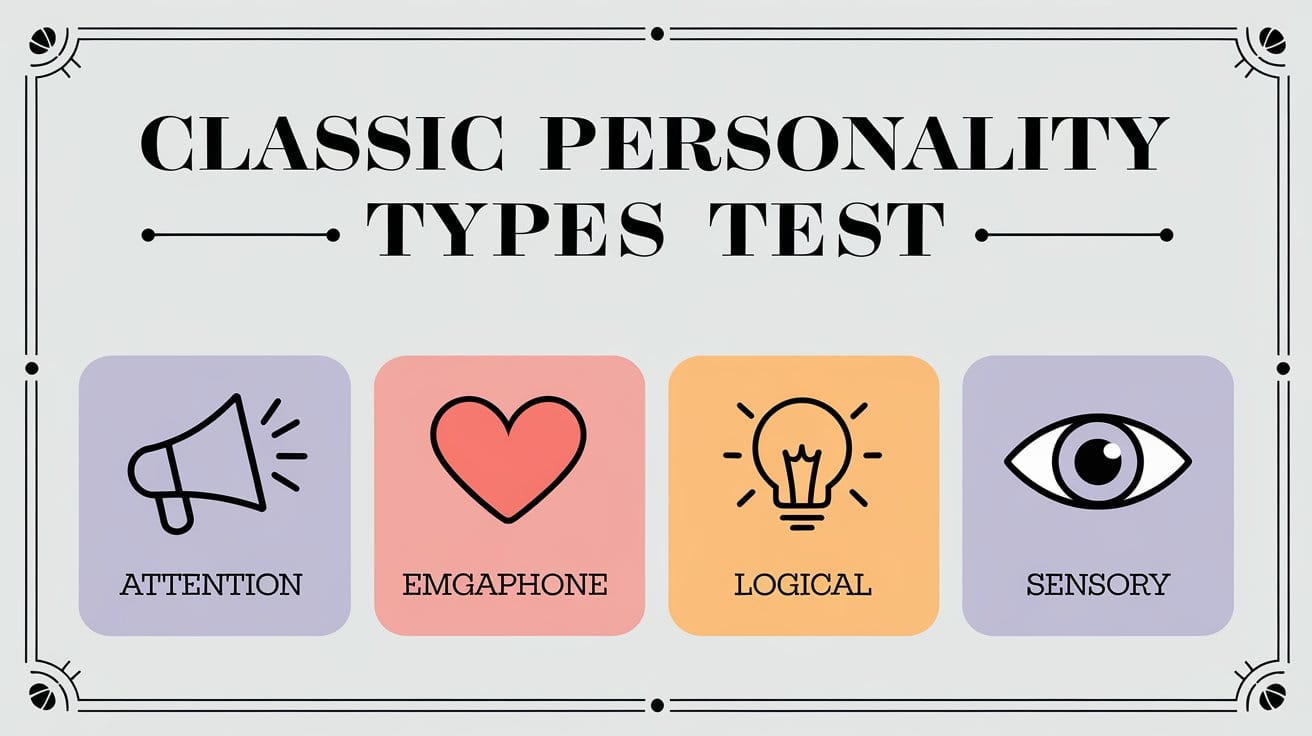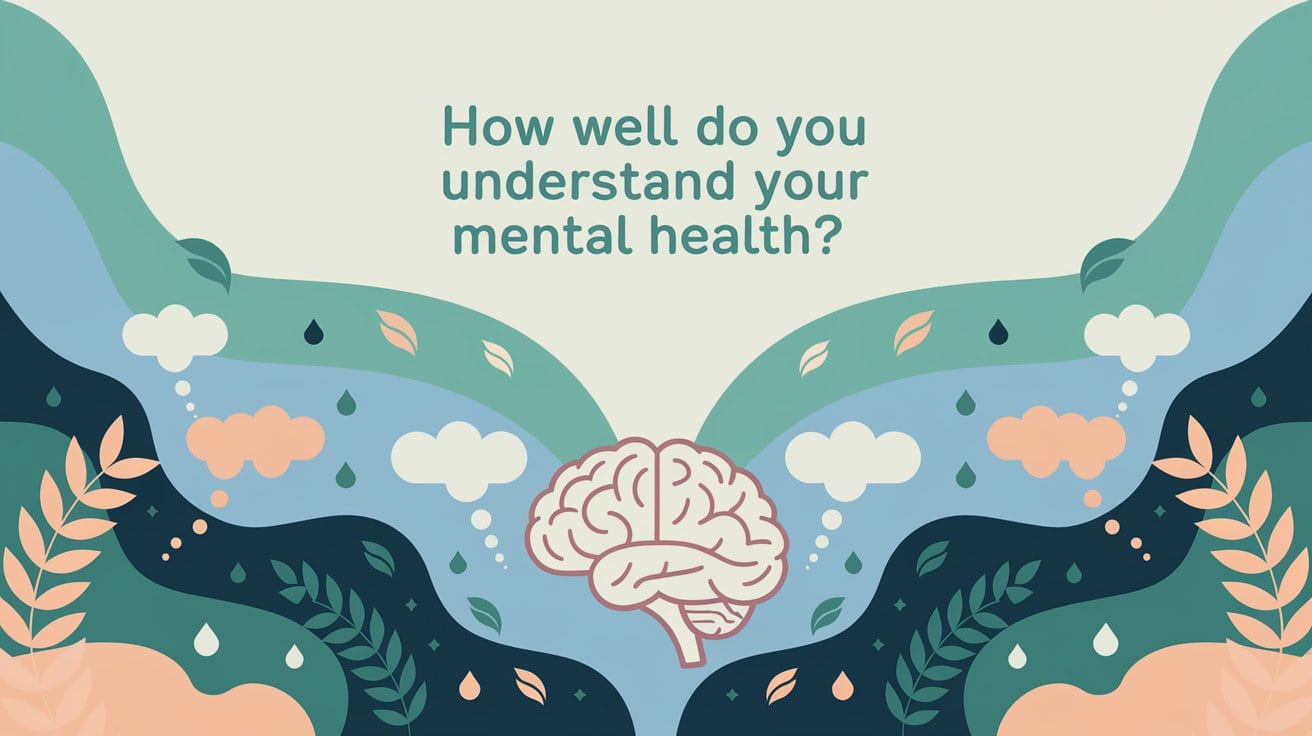Alzheimer Test: Could You Be At Risk?
Alzheimer’s disease is a progressive condition that affects memory, thinking, and behavior. It’s natural to occasionally forget things, but when memory loss begins to interfere with daily life, it could be a sign of something more serious. If you’re concerned about your cognitive health or suspect that you may be showing early signs of Alzheimer’s, an Alzheimer Test can help you gain clarity and take the next steps to care for your well-being.
What is Alzheimer’s Disease?
Alzheimer’s is a degenerative brain disorder that leads to a decline in cognitive functions, particularly memory, reasoning, and communication abilities. While the disease progresses gradually, it can eventually interfere with a person’s ability to live independently. Alzheimer’s is the most common form of dementia and affects millions of people worldwide.
Early detection and intervention are key in managing the disease. An Alzheimer Test can help assess your risk level and give you a better understanding of whether you may be experiencing early signs of Alzheimer’s.
Why Take an Alzheimer Test?
Taking an Alzheimer Test offers several benefits, especially if you’re concerned about your cognitive health:
- Early Detection: The test can provide an early indication of potential signs of Alzheimer’s, allowing you to seek medical attention before symptoms worsen.
- Peace of Mind: If you’re worried about memory loss or cognitive decline, the test can either reassure you or help you take proactive steps if needed.
- Identify Risk Factors: The test can help uncover any lifestyle factors or hereditary risks that might increase your chances of developing Alzheimer’s.
- Plan for the Future: Early detection can provide more time to plan for the future and manage the disease with treatment, lifestyle changes, and support systems.
Common Symptoms of Alzheimer’s
Alzheimer’s disease is characterized by the gradual onset of symptoms that may affect daily activities. Some common early signs include:
- Memory Loss: Forgetting recently learned information, names, or important dates.
- Difficulty Performing Familiar Tasks: Struggling with everyday tasks like cooking, managing finances, or using technology.
- Confusion and Disorientation: Becoming lost in familiar places or forgetting the time of day.
- Language Problems: Difficulty recalling words or following conversations.
- Mood and Personality Changes: Unexplained changes in mood, depression, anxiety, or irritability.
- Poor Judgment: Making uncharacteristic decisions or neglecting personal hygiene.
If you notice any of these symptoms in yourself or a loved one, it’s important to consult a healthcare professional. An Alzheimer Test can help determine whether these symptoms might be linked to Alzheimer’s or another condition.
How the Alzheimer Test Works
The Alzheimer Test is designed to assess cognitive function through a series of questions and tasks. It evaluates how well you remember, reason, and solve problems. Here’s what you can expect:
- Self-Reflection: The test will ask about your memory and behavior in different situations to gauge the extent of cognitive decline.
- Objective Scoring: Your answers will be scored to help determine if your symptoms align with early signs of Alzheimer’s or if they may be due to other causes.
- Next Steps: Based on the results, the test may recommend further medical evaluation, lifestyle changes, or cognitive exercises to maintain brain health.
Can You Prevent Alzheimer’s Disease?
While there is no known cure for Alzheimer’s disease, research shows that certain lifestyle changes can help reduce your risk and promote brain health. If you’re concerned after taking the Alzheimer Test, here are some ways to protect your cognitive function:
- Stay Mentally Active: Engage in activities that challenge your brain, such as reading, puzzles, or learning a new skill.
- Physical Exercise: Regular physical activity can improve blood flow to the brain and support cognitive health.
- Eat a Brain-Healthy Diet: A balanced diet rich in antioxidants, healthy fats, and vitamins can help support brain function.
- Get Enough Sleep: Quality sleep is essential for memory consolidation and overall cognitive health.
- Socialize: Staying socially engaged and maintaining relationships can help keep your mind sharp.
- Regular Health Checkups: Keep an eye on risk factors like high blood pressure, diabetes, and cholesterol, as they can affect brain health.
While these strategies may not guarantee prevention, they can improve your chances of maintaining cognitive function well into old age.
Take the Alzheimer Test Today
Are you concerned about memory loss or cognitive decline? Taking an Alzheimer Test can help assess your cognitive health and determine if you’re at risk for Alzheimer’s disease. If you notice any of the symptoms of Alzheimer’s, it’s important to seek a professional evaluation.
An early diagnosis can make a significant difference in managing the disease and improving your quality of life. Take the Alzheimer Test today and take the first step toward understanding your cognitive health.
Your mind is valuable—take care of it!




Post Comment